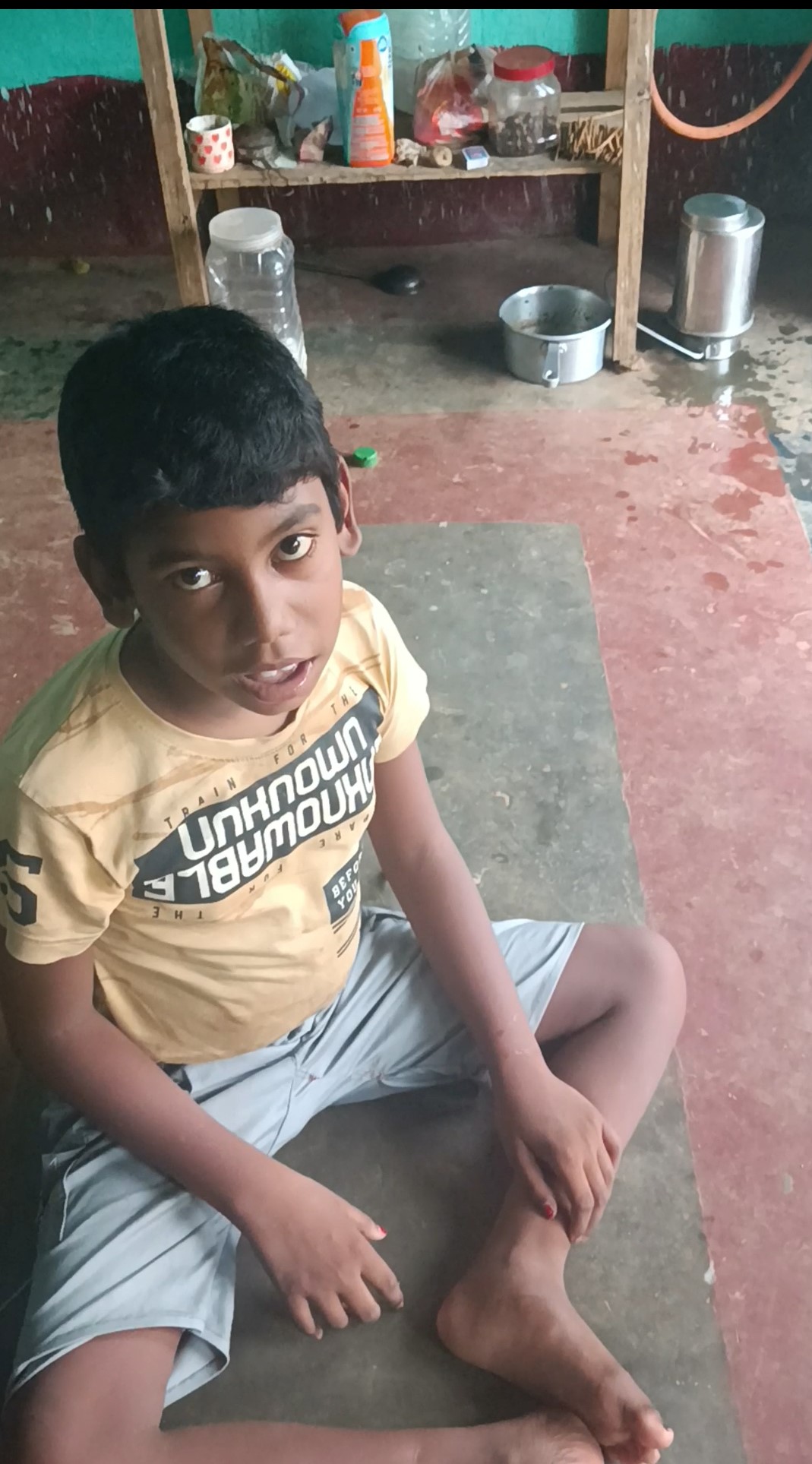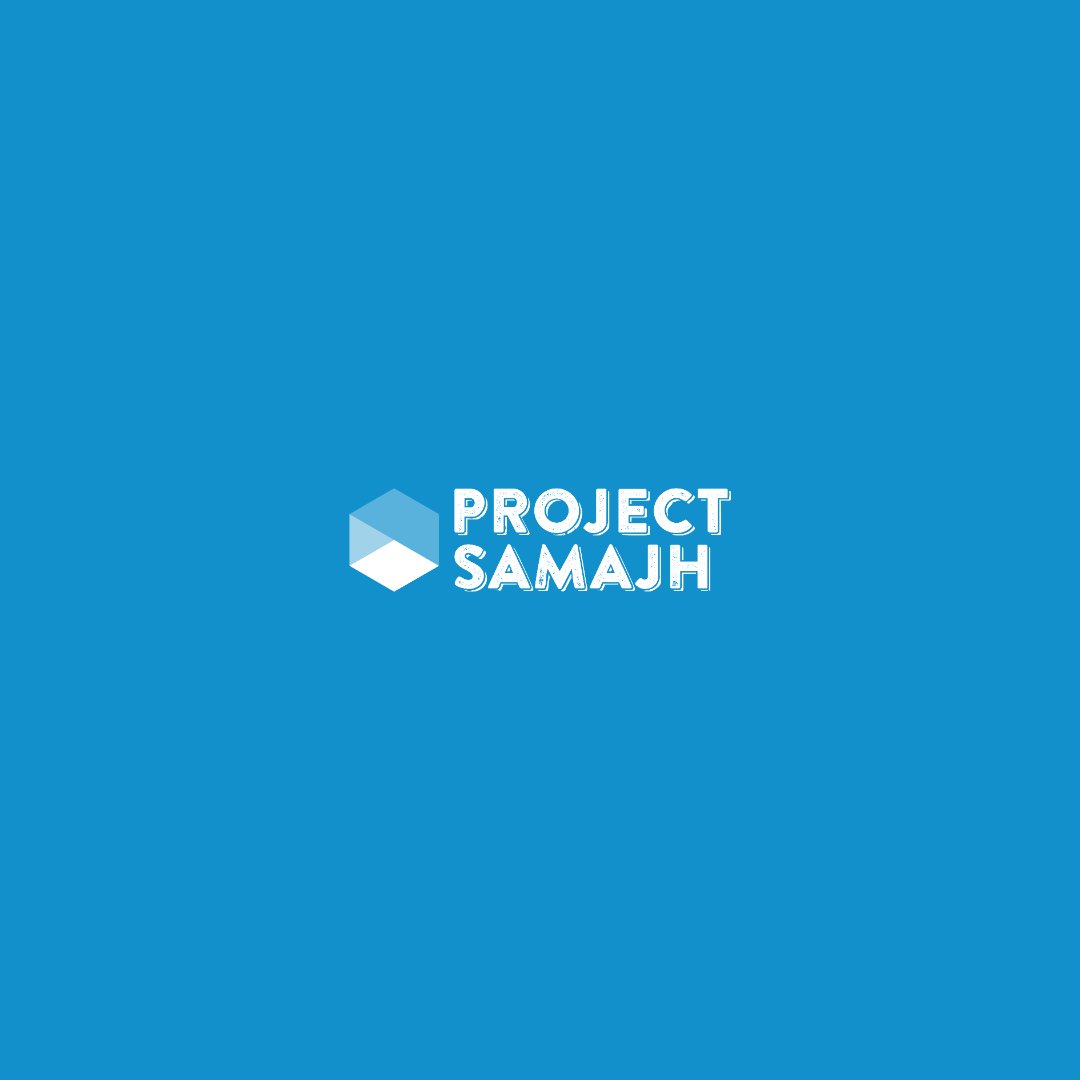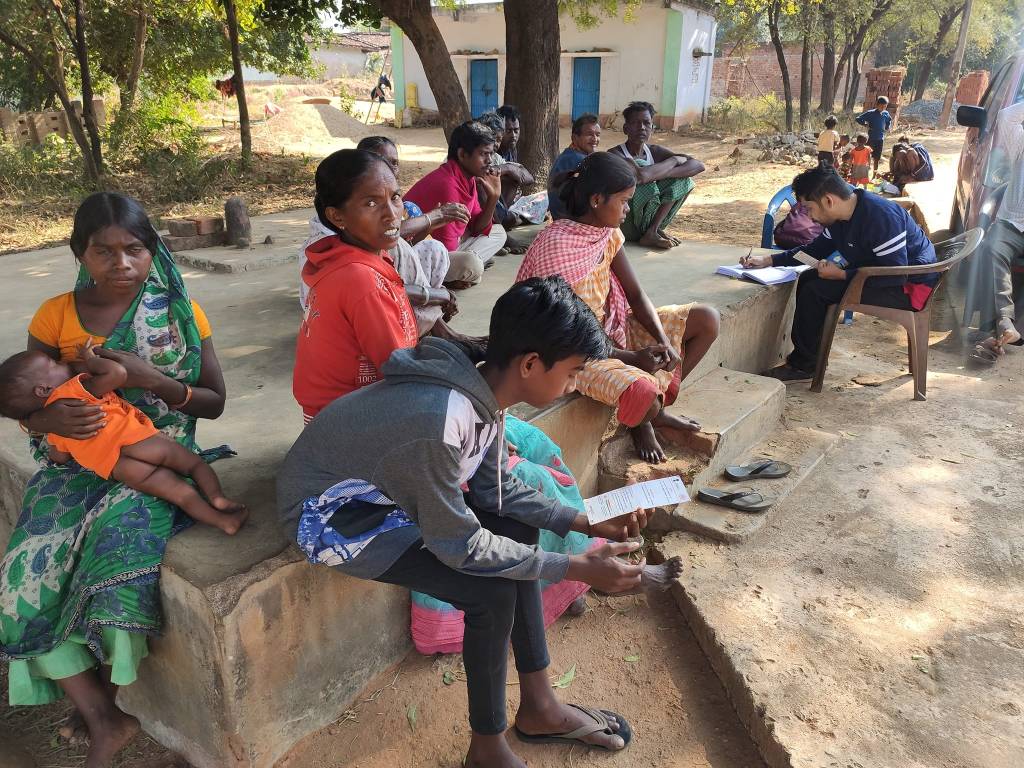Shivraj Mishra is an 11 years old boy with cerebral palsy from Sonaraithari block which is 35 kilometers away from the district headquarters of Deoghar, Jharkhand. His family consists of seven members, with his father being the sole earning member of the family. He hails from the lower economic strata of the society with a household income of INR 6000 per month. The family resides in Binjha village, which has a total population of 5724 people, as per the census of 2011. The village is well connected with roadways and has basic public infrastructure like the health sub-center and Anganwadi center.
Shivraj was diagnosed with a disability during birth and yet does not hold a disability certificate till date. His father expressed “We did not have a clear idea regarding the process of applying for disability certificate and did not realize the entitlements he can receive as a person with a disability. We had enquired about it a few times but we could not receive the correct information. Someone used to say to reach out to the Gram Panchayat secretary, while others used to suggest meeting the Gram Panchayat Pradhan. Also, we didn’t understand the utility of the disability certificate and how it would enhance the quality of life of my son so we lost interest in making efforts towards it.’’ When I met them for the first time, the family was rigid and didn’t want to take proactive measures. It was through frequent meetings and insistence, they agreed to take an initiative. Panchayat mukhiya also insisted on following the process. It reignited the hope to make efforts in attaining the same as they received little clarity on the application process.

At the gram panchayat level, there is lack of awareness among persons with disabilities and the executives in the Panchayat and the block offices as they do not have the basic information regarding the application process which is to be followed such as the documents required, the correct format of the application form. The only document which is crucial for medical verification for completing the application procedure is Aadhar and passport size photo. Although its not mandatory but in many instances, there is a requirement of full body photographs. For the hearing impaired, an audiometry test report is required which is not widely known. Due to this asymmetric information, many applicants have to undergo another round of assessment which most of the time is not conducted in the Sadar hospitals and community health canters but in different hospitals they are referred to, after going through this cumbersome process. Moreover, in the rural areas, most of the people are not well versed in online application of UDID, so they take the help of Pragya Kendra ( Common Service Centre).His neighbors suggested him to connect to a person in the Pragya Kendra. His father reached Pragya Kendra (Common Service Centre), which usually charges INR 250 for applying for a UDID card. The executive refused to assist him with the application and said “Why don’t you directly go to the disability assessment camp and get it done there!”
In order to apply for an UDID card online, it requires a disability certificate from the district hospital which involves physical verification and Shivraj did not have the disability certificate.
Although a disability certification camp is organized at Sadar hospital every month in the district headquarters, going there is difficult due to distance. They were then informed about the disability camp which was going to be organized at block level soon. Accordingly, he had to wait for a few months till April 2022. The camp was conducted in the last week of April 2022 .
The disability camps which are organized at district level usually 21st of every month result in overcrowding as applicants from 10 blocks gather at the Sadar hospital. Disability certification camps are also organized at block level, as there is recognition of the fact that disability certification needs to be decentralized to reach the disabled population of rural areas which is also mandated by the state rule. But its implementation depends on various factors such as official will from the districts or states, availability of doctors etc.
Shivraj was accompanied by his father to the camp which was organized in the block office where they had to make a one way expense of INR 50. It was an uncomfortable experience for them as his father expressed “We reached there at 10 am like we were told and kept waiting till 1 PM. When it started at 1:30 pm suddenly there was a rush and a long queue and we somehow managed to secure our place. The organizers of the camp were distributing forms for both disability assessments as well as UDID at a cost of INR 10. No one was telling us about which form is pertaining to disability assessment or the UDID as there were two different formats of and I got worried as if we fail to complete the process, we might have to face this situation again. Thankfully I could find help from people in the queue itself and applied for UDID. He (Shivraj) did not have the disability certificate so they told me that he will have to undergo an assessment”. Shivraj’s father was certain of getting a disability percentage above 40 percent which was the benchmark for getting concessions and other social welfare schemes meant for persons with disabilities.
There were many applicants who were not aware of the various criteria for getting benchmark disability which largely remains prerogative of the doctor. There are many cases, where many applicants with genuine benchmark disabilities didn’t get the correct percentage.
Shivraj’s father said “It was again difficult to understand the process of assessment due to overcrowding . When we went to that room we came to know that the doctor sitting there earlier had shifted himself to another room in the first floor from the ground floor. Somehow, we managed to complete the assessment which got over by 4pm. It was excruciating to be part of the process under the sun, without the facility of drinking water and food to avail “
The Disability certification camp at block level attracts lots of crowd and people start arriving at 10 AM speculating a longer queue. There is no proper sitting arrangement. As the time goes by more people arrive, resulting in crowds even outside the block offices, community health centres and panchayat offices depending on the place which is assigned for Disability certification camps. Lack of basic amenities like drinking water also create inconvenience.
The process was completed with the submission of the application form and the person with a disability from the block waited the next four months to receive only the disability certificate and none received a UDID card. In absence of a mechanism to track the application status, it was all a question of hope. Usually online applications of UDID cards have a tracking system which tells the application status but in an offline assessment of disability, there is no mechanism in place to find the status of the application. The doctors and authorities in the camp usually tell the applicants to enquire about it in the next 15 days or one month with no fixed time period. Sometimes they are told to enquire at the block office, the block community health centers or Sadar hospital in the district headquarters which creates confusion and inconvenience to keep track of obtaining certificates. The proof of the completion of application procedure is not provided such as a copy of the signed application form. Eventually the disability certificates are issued by the Civil surgeon at the Sadar hospital and sent back to community health centers or block offices usually after 3-4 months. But the communication of this entire process is not percolated through official channels. As a result, there are some who get the certificate, but most of them don’t get the certification despite completing the application process. He at last got his disability certificate by applying for it in the district Sadar Hospital. The policies and efforts of the Government need to be revamped in terms of making the process accessible, transparent, organized and certainly accountable for the on-ground implementation of the same. This case study raises several questions on the process of disability certification and its inefficiency.
Disability certification is the threshold for getting benefits of government schemes for Persons with Disabilities but the process of getting a Disability certificate lacks transparency. According to the 76th round of NSS of 2018, only 28.8 percent of Persons with Disabilities have disability certificates in India. The process involves offline filling of application form in many states barring few states where there is provision of online application for Disability certificate with barely any mechanism for tracking the status of the application process. Often there are long queues outside the medical camps outside the camp. There has to be simplification of the process within a set time frame. Decentralization of the medical verification camps for making disability certificates at block level in community health centers will also ease the pressure at District level. This method is employed at periodic intervals but it remains ineffective due to the information gap as well as no real time data of Persons with Disabilities is maintained at block level. This can be solved through an annual survey of persons with disabilities at panchayat level to identify genuine beneficiaries. The UDID(Unique Disability ID) which allows online application is certainly a way forward for the simplification and national database of disability certification, but it has to be complemented with overhaul of gaps at grassroots for making it effective.
Authored by
Kumar Mahavir
NCPEDP Fellow
Linktree link- https://linktr.ee/projectsamajh


Leave a comment